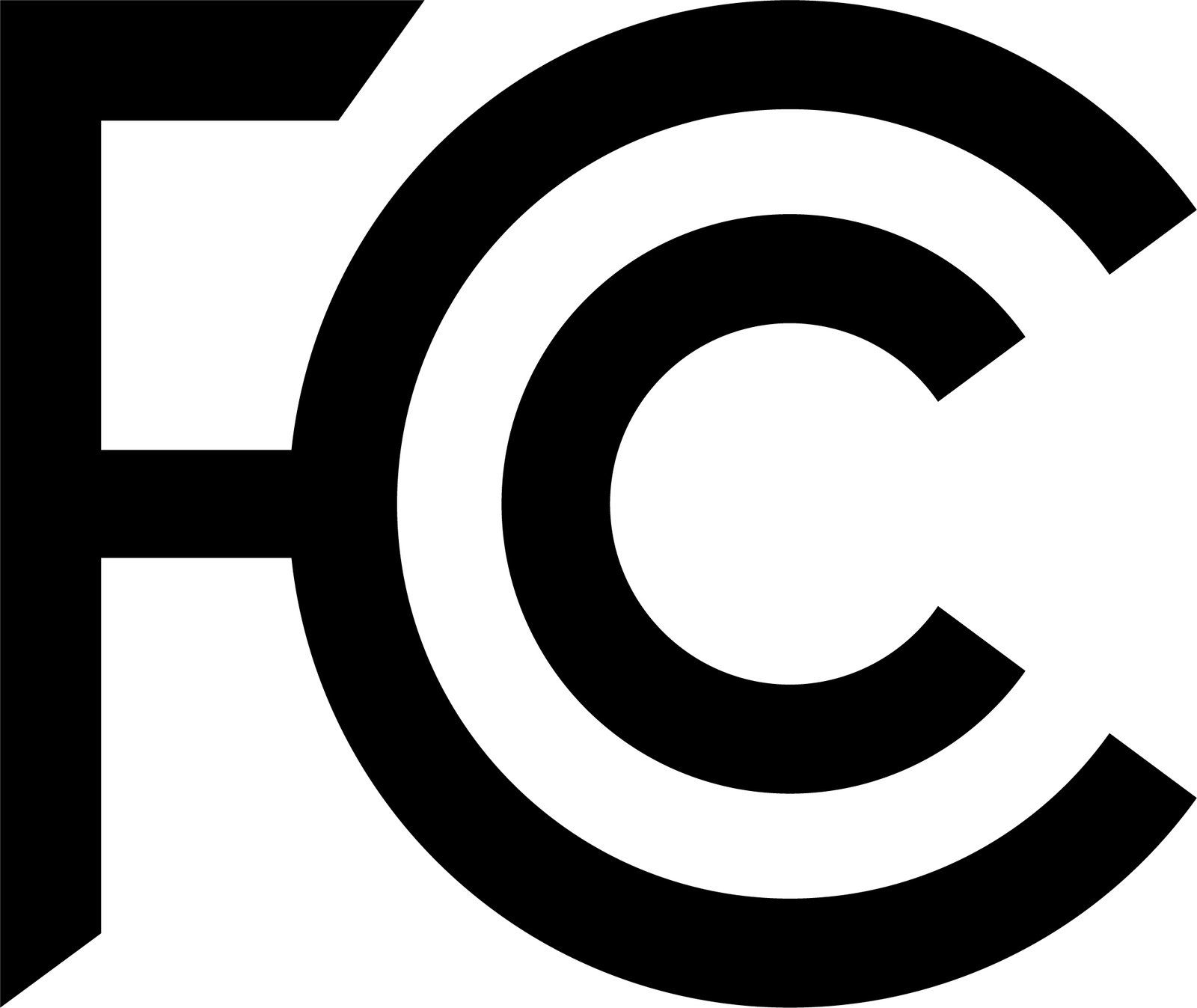- Proposal Would Reaffirm the Importance of a National Standard of Broadband Reliability, Security, and Consumer Protection.
May 06, 2024
By Highpoint Digest News
Washington, DC – (Highpoint Digest) – On April 03, 2024, FCC Chairwoman Jessica Rosenworcel announced the Commission would vote during its April Open Meeting to restore Net Neutrality, which would bring back a national standard for broadband reliability, security, and consumer protection. If adopted, the Chairwoman’s proposal would ensure that broadband services are treated as an essential resource deserving of FCC oversight under Title II authority.
“The pandemic proved once and for all that broadband is essential,” said Chairwoman
Rosenworcel. “After the prior administration abdicated authority over broadband services, the FCC has been handcuffed from acting to fully secure broadband networks, protect consumer data, and ensure the internet remains fast, open, and fair. A return to the FCC’s
overwhelmingly popular and court-approved standard of net neutrality will allow the agency to serve once again as a strong consumer advocate of an open internet.”
If adopted, the proposal would:
- RETURN POPULAR NET NEUTRALITY PROTECTIONS – The FCC would
once again play a key role in preventing at the federal level broadband providers from
blocking, slowing down, or creating pay-to-play internet fast lanes. - PROVIDE OVERSIGHT OF BROADBAND OUTAGES – When households and
businesses lose internet service, consumers often expect that the FCC might either be
able to help the restoration or at least have information about the outage. By restoring
the FCC’s Title II authority over internet service providers, the FCC will bolster its
ability to require these companies to address internet outages. Without such authority,
the FCC cannot require companies to report broadband outages, cannot collect outage
data, and lacks the authority to even consider ways that it can help protect against and
recover from internet service outages. - BOOST SECURITY OF BROADBAND NETWORKS – In this digital age, there
are new and emerging digital threats. Without broadband oversight, the FCC is unable
to fully monitor and respond to such national security concerns. For example, without
reclassification, the FCC is limited in its authority to direct foreign-owned companies
deemed to be national security threats to discontinue any domestic or international
broadband services under Sec. 214 – as the agency has done with telephone services.
In addition, without reclassification, the FCC has limited authority to incorporate
updated cybersecurity standards into network policies. - INCREASE CONSUMER PROTECTIONS – Net Neutrality protections would
increase the tools the FCC has available to protect consumer data and respond to
evolving consumer threats. Updated rules could mean broadband providers could not
sell your location data, among other sensitive information. This would empower the
agency to protect consumers from other harmful practices. - RESTORE A WIDELY ACCEPTED NATIONAL STANDARD – When the
previous FCC stepped back from Net Neutrality protections, the court said states could
step in. Despite these efforts by individual states to provide robust oversight in
response to the prior administration’s retreat from authority, we need a national
standard to keep internet access fast, open, and fair. A national standard is also
broadly popular: eighty percent of Americans support open internet policies.
The Chairwoman will circulate her proposal to her fellow Commissioners for their review. As
is the general practice, a public draft of the proposal – officially a Declaratory Ruling, Order,
Report and Order, and Order on Reconsideration.
If adopted, the reclassification and rules would largely go into effect 60
days after the Federal Register publication.
On April 25, 2023, The Federal Communications Commission voted to
restore a national standard to ensure the internet is fast, open, and fair. Today’s decision to
reclassify broadband service as a Title II telecommunications service allows the FCC to protect
consumers, defend national security, and advance public safety.
Through its actions, the Commission creates a national standard by which it can ensure that
broadband internet service is treated as an essential service. Today’s vote also makes clear that
the Commission will exercise its authority over broadband in a narrowly tailored fashion—
without rate regulation, tariffing, or unbundling—to foster continued innovation and investment.
With the voting process completed, the Commission can now move head toward restoring fundamental authority to provide effective oversight over broadband service providers, giving the Commission essential tools to:
- Protect the Open Internet – Internet service providers will again be prohibited from
blocking, throttling, or engaging in paid prioritization of lawful content, restoring the
rules that were upheld by the D.C. Circuit in 2016. - Safeguard National Security – The Commission will have the ability to revoke the
authorizations of foreign-owned entities who pose a threat to national security to operate
broadband networks in the U.S. The Commission has previously exercised this authority
under section 214 of the Communications Act to revoke the operating authorities of four
Chinese state-owned carriers to provide voice services in the U.S. Any provider without
section 214 authorization for voice services must now also cease any fixed or mobile
broadband service operations in the United States. - Monitor Internet Service Outages – When workers cannot telework, students cannot
study, or businesses cannot market their products because their internet service is out, the
FCC can now play an active role.
For further information on Net Neutrality, including the history of this proceeding starting in 2004
Net Neutrality
What is Net Neutrality?
Net Neutrality policies are a national standard by which we ensure that broadband internet service is treated as an essential service. It prohibits internet service providers from blocking, throttling, or engaging in paid prioritization of lawful content. By classifying broadband service as a “telecommunications” service under Title II of the law, the FCC restores its oversight of internet service outages, national security threats in broadband networks, and consumer protection and regains key tools to promote broadband deployment.
The Way Forward
FCC Chairwoman Jessica Rosenworcel is working to restore Net Neutrality as the national standard for broadband reliability, security, and consumer protection. The Chairwoman’s proposal would ensure that broadband services are treated as an essential resource deserving of FCC oversight under Title II authority.
Why Does It Matter?

BROADBAND IS AN ESSENTIAL SERVICE
While internet access has long been important to daily life, the COVID-19 pandemic and the rapid shift of work, education, and health care online demonstrated how essential broadband internet connections are for consumers’ participation in our society and economy. But even as our society has reconfigured itself to do so much online, our institutions have fallen behind. When Net Neutrality protections are not in place, there is no expert agency ensuring that the internet is fast, open, and fair. Since the birth of the modern internet in the 1990s, the Commission had played that role.

OVERSIGHT OF OUTAGES
When households and businesses lose internet service, they logically expect that the FCC might be able to help the restoration or at least have information about the outage. By restoring the FCC’s Title II authority over internet service providers, the FCC bolsters its authority to require these companies to address internet outages. Without such authority, the FCC cannot require companies to even report broadband outages, cannot collect outage data, and lacks the authority to consider ways that it can help protect against and recover from internet service outages.

NATIONAL STANDARD
The FCC would once again prevent broadband providers from blocking, slowing down, or creating pay-to-play internet fast lanes.

NATIONAL SECURITY OF BROADBAND NETWORKS
In this digital age, there are digital threats. Without broadband oversight, the FCC is unable to monitor and respond to such national security issues. For example, without reclassification, the FCC is limited in its authority to direct foreign-owned companies deemed to be national security threats to discontinue any domestic or international broadband services under Sec. 214 – as they have done with telephone services. In addition, without reclassification, the FCC has limited authority to incorporate updated cybersecurity standards into network policies.

CONSUMER PROTECTION
Net Neutrality protections would increase the tools the FCC has available to protect consumer data and respond to evolving consumer threats. Broadband providers could not sell your location data, among other sensitive information. And the FCC will be empowered to protect consumers from other harmful practices.
“In the wake of the pandemic and the generational investment in internet access, we have a window to update our policies to make sure that the internet is not only open, but fast and fair, safe and secure. I am committed to seizing this opportunity. Now is the time for our rules of the road for internet service providers to reflect the reality that internet access is a necessity for daily life. Let’s get to it.”
– FCC Chairwoman Jessica Rosenworcel
What Is ‘Title II’ Authority
Title II is the part of the Communications Act that gives the FCC clear authority to serve as a watchdog over the communications marketplace and look out for the public interest. Title II took on special importance in the Net Neutrality debate because the courts have ruled that the FCC has clear authority to enforce open internet policies if broadband internet is classified as a Title II “telecommunications” service.
What Is the Background of Net Neutrality as an FCC Policy?
- 2004: President Bush’s first FCC Chair challenged the broadband network industry to preserve “Internet Freedoms.”
- 2005: FCC issues Policy Statement affirming open internet principles.
- 2008: President Bush’s second FCC Chair tried to enforce these principles when Comcast “unduly squelche(d) the dynamic benefits of an open and accessible Internet.”
- 2010: The D.C. Circuit vacated the Comcast enforcement action, saying the FCC lacked legal jurisdiction.
- 2010: FCC adopts compromise net neutrality rules “rooted in ideas first articulated” by the prior Chairs.
- 2014: D.C. Circuit overturns the 2010 rules in Verizon v. FCC on grounds that the rules were only grounded in authority granted by Section 706 of the Act and not also Title II.
- 2015: FCC adopts rules enshrining the open internet principles under Title II.
- 2016: D.C. Circuit affirms the 2015 rules in their entirety.
- 2018: After a change in administration, FCC abdicates open internet rules and authority over the internet entirely.
- 2019: D.C. Circuit allows abdication to move forward but overturns the FCC’s attempted preemption of state open internet rules, and criticizes its treatment of issues including public safety.
- 2020: California’s net neutrality law goes into effect, and along with other state laws and orders, broadband providers must comply with a patchwork of state regulations.
- 2023: Chairwoman Jessica Rosenworcel proposes to reclassify broadband under Title II and reintroduce uniform, nationwide open internet rules.
Source: FCC
Image courtesy of FCC



